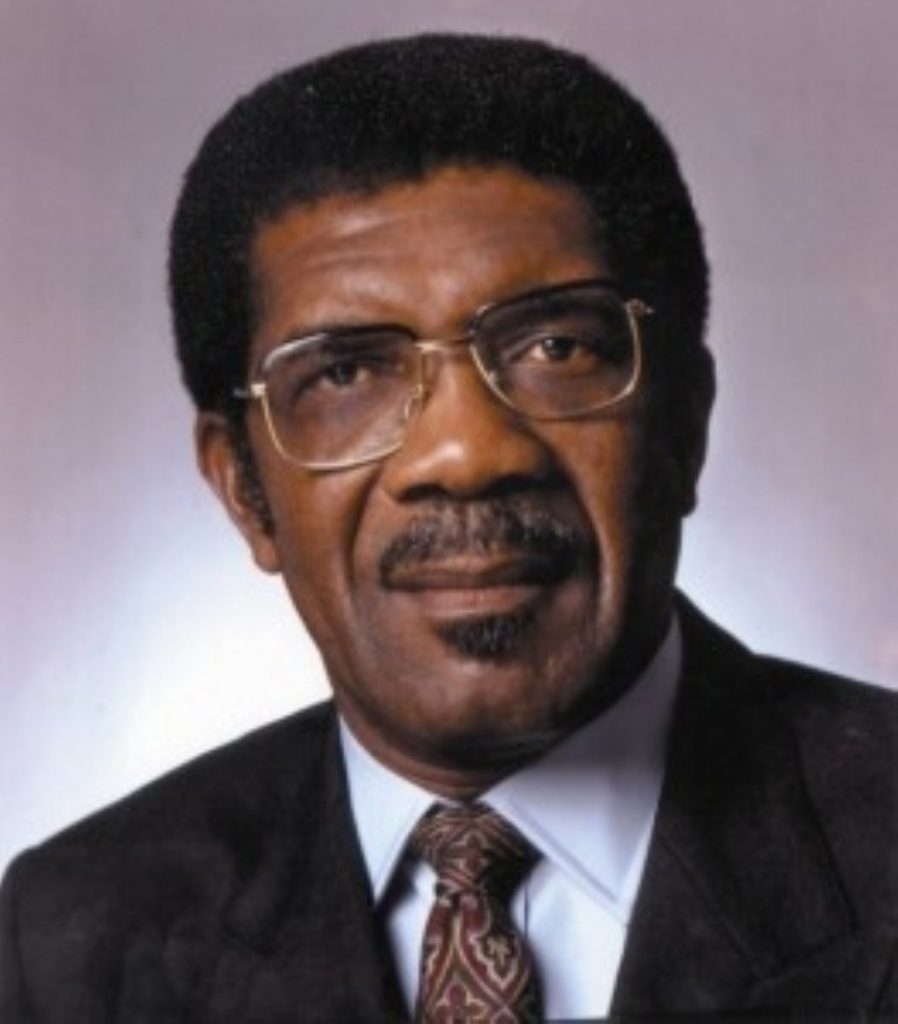Unions ‘should have less influence over Labour’
Unions should no longer have such a large say in how Labour party policy is formulated, a former leader of the Transport and General Workers’ union (T&G) has suggested.
Bill Morris, who was general secretary of the union from 1991 to 2003, said declining membership meant unions no longer had the democratic mandate they used to, and a “new relationship” was needed with the party.
He warned recent clashes with the Labour leadership, particularly over health reform, suggested unions were more intent on defeating ministers than discussing policy.
“It seems to me that the trade union [movement] has got to come to terms with a new reality,” Sir Bill told GMTV in an interview to be broadcast on Sunday.


“The trade union membership continues to fall and there are huge swathes where there’s no representation at all.
“So, if you’re not speaking for your members, you cannot be speaking for the party and there needs to be radical reform and the trade unions need to recognise that it’s a new situation and a new agenda and a new relationship has to emerge.”
Last year, then trade and industry secretary Alan Johnson, a former union leader himself, suggested the 50 per cent vote held by the unions in formulating Labour policy should be reduced to 15 per cent to reflect their declining membership.
And during last year’s party conference, in which the government was defeated in two key votes over NHS reform and pensions, Tony Blair insisted defiance would do nothing to change his plans, but it would affect how people perceived union behaviour.
“The Labour party is a changed party today. The trade union movement has got to modernise. It has got to understand the world out there has changed, and if they don’t they are going to get left behind,” the prime minister said.
Sir Bill told GMTV that as the Labour party attempted to renew itself after nine years in power, so must the trade unions – and questions must be raised about their influence, particularly as several planned to merge into one super-union.
“There has got to be a degree of modernisation because if it is that we are renewing the Labour party from a policy perspective, we’ve also got to ensure that the constitution is fit for purpose,” he said.
“I’m not sure that it [is] at the moment, given the march to mega-unions and mega-mergers.
“I’ve watched the last two Labour party conferences and the debate, and it seems to me that trade unions have an agenda not to promote some of the policy issues, but merely to defeat the government, defeat the platform.”
However, a spokesman for the T&G said that while Sir Bill had “every right to his opinions”, they differed from those he held while he was general secretary.
“The T&G is now focusing, with some success, on reversing the rapid decline in our membership and influence that took place in the 1990s, when working people perceived us as being far too close to the employers,” he said.









